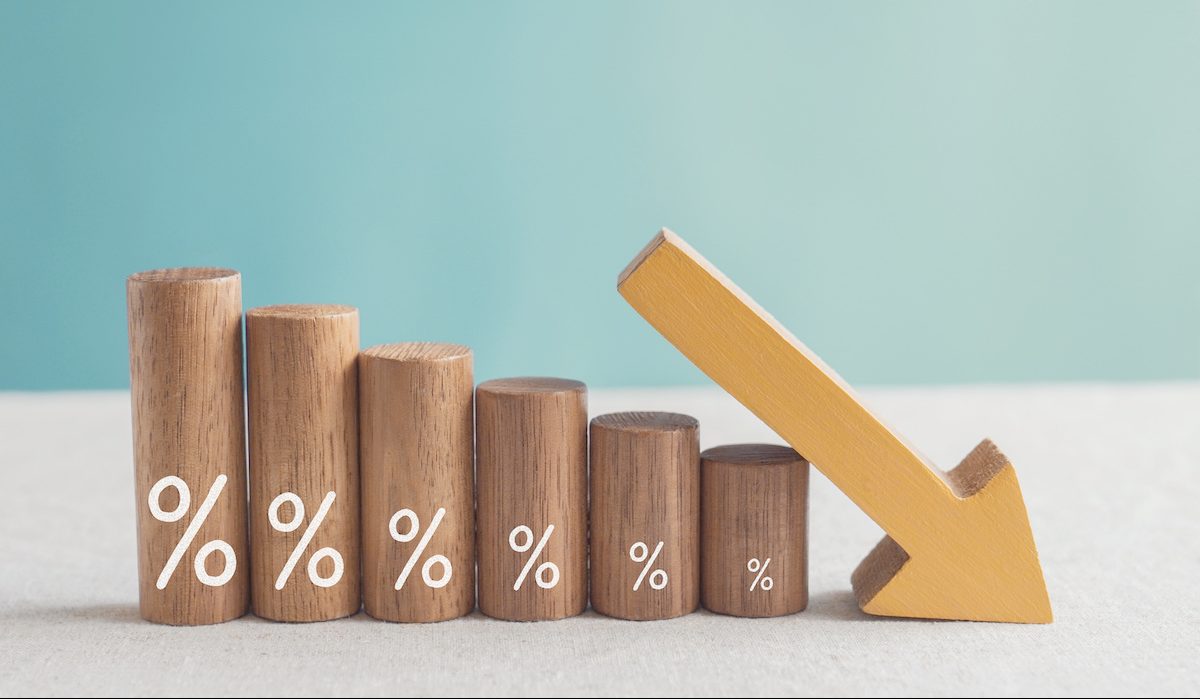Newsweek turns eye toward reverse mortgage pros and cons
The publication assembled a list of considerations for readers who may be curious about reverse mortgages.

A reverse mortgage has potential utility for a homeowner in the right situation, but loan terms must be observed closely to remain in good standing and avoid the possibility of foreclosure. This is according to a look at the reverse mortgage product category published by Newsweek.
As part of its recently launched “Newsweek Vault” subsite, which vets financial products and provides analysis from sources judged to be financial experts, the publication assembled a series of pros and cons about reverse mortgages by assessing things including loan terms, borrowing limits, tax and insurance requirements, and reputational issues.
On the “pro” side of the equation, the piece lists the “potentially high borrowing limit” — which in 2024 stands at just over $1.1 million — and access to cash flow as the top two potential benefits of the product.
“Depending on how you structure payments, you could receive money via a lump sum, monthly payout or line of credit, which you can tap when necessary,” the column reads. “However, remember that the balance owed grows every month you receive payments or draw on the funds.”
Also listed as pros include the variety of potential use cases for the loan proceeds (including replacing lost income, financing medical expenses or cash flow on a fixed retirement income), and that the product contains none of the income requirements often associated with more mainstream equity-tapping tools like home equity lines of credit (HELOCs).
On the “con” side, the potential paths toward default and foreclosure are cited based on a 2023 report from the National Consumer Law Center (NCLC), which found that servicing issues have led to reverse mortgages ending in foreclosure more often than they should.
The need to repay the loan is listed as a con in the column, despite the fact that it is a loan and not a grant.
“The loan is typically repaid with the proceeds from selling the house. If your heirs want to keep the family home, they’ll have to pay off the reverse mortgage balance in full using other money,” the column said. “Sometimes, you may pay back less than you owe on the loan. Specifically, if your home appraises for less than your reverse mortgage balance or your reverse mortgage is in default.”
Borrower requirements are also listed as a potential con, since those seeking a reverse mortgage out must be at least 62 years old and have no federal debt like back taxes or student loans.
“In addition, it’s preferable if you own your home outright,” the column said. “It’s acceptable to owe some money on your mortgage, but the balance must be low enough to get paid off when your new reverse mortgage closes.”
Ultimately, the column describes an optimal reverse mortgage borrower profile as someone “in your 70s or older, have built up significant home equity and plan to stay in your home for a long time,” the column said. “That said, a reverse mortgage isn’t right for everyone, even if you qualify or it sounds good initially.”
Readers are encouraged to fully assess their financial situation and their ability to fulfill their loan obligations, to shop around, attend mandated counseling, and to get advice from trusted personal advisers and/or financial advisers.
Other issues of consideration the column mentions include instances in which reverse mortgages have been part of investigations by authorities. A 2022 U.S. Department of Housing and Urban Development (HUD) Office of the Inspector General (OIG) report was cited, which detailed certain scams that targeted older homeowners under the pretense of a reverse mortgage.
The article puts the onus on reverse mortgage providers for this report, but the report itself stated that Home Equity Conversion Mortgages (HECMs) are legitimate products, even though the targeted HECM demographic makes it easier for scammers to go after older Americans and commit elder financial abuse by using reverse mortgage pretenses.
What's Your Reaction?





















































































































